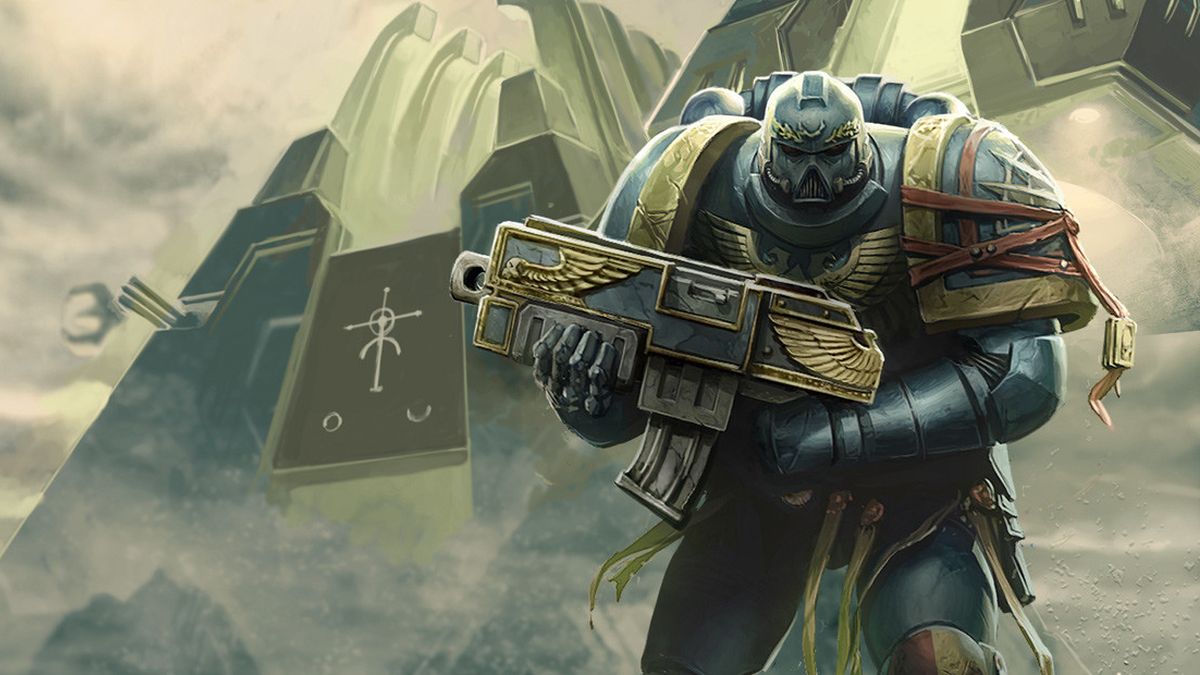
The Video Game History Foundation had proposed rule changes that would make it easier for researchers and archivist to legally access old games.
The Video Game History Foundation says it is “disappointed” by the US Copyright Office’s refusal to grant a new Digital Millennium Copyright Act exemption to help support videogame preservation, saying the game industry’s resistance to the proposed change “forces researchers to explore extra-legal methods to access the vast majority of out-of-print video games.”
The VGHF has been working with the Software Preservation Network on a petition for a change to DMCA regulations that would allow libraries and archives to remotely share access to “out of print” games in their collections. “Under the current anti-circumvention rules in Section 1201 of the DMCA, libraries and archives are unable to break copy protection on games in order to make them remotely accessible to researchers,” VGHF said.
The argument for the exemption received considerable pushback from agencies including the Entertainment Software Association, which argued that proposed controls over who would be allowed to access exempted software, and for what reason, were unclear. A “human review” requirement was “at best incomplete,” the ESA said, and that by not including more specific requirements in the proposal, supporters of the exemption were “trying to reserve almost complete discretion in how they would provide access to preserve[d] games.”
The ESA also claimed that “there remains a substantial market for classic games,” and that allowing “widespread remote access to preserved games with minimal supervision would present a serious risk to an important market.”
In the end, Shira Perlmutter, register of copyrights and director of the US Copyright Office, was not swayed by the arguments in favor of game preservation, ruling that proponents of videogame preservation “have not satisfied their burden to demonstrate that the requested uses are or are likely to be noninfringing.”
“Proponents [of videogame preservation] have not met their burden of showing that reproducing works to allow for multiple simultaneous use in the computer program class is likely to be fair,” the ruling states. “The Register also finds that proponents have not met their burden of showing that the proposed off-premises uses in the video game class are likely to be fair.”
In response to the decision, the VGHF said it has “no regrets about going through this process,” adding that its efforts have raised awareness about the importance of videogame preservation. But it did not mince words about its disappointment.
“Unfortunately, lobbying efforts by rightsholder groups continue to hold back progress,” the foundation wrote. “During our hearing with the Copyright Office, the Entertainment Software Association (ESA) declared that they would never support remote game access for research purposes under any conditions.
“The game industry’s absolutist position—which the ESA’s own members have declined to go on the record to support—forces researchers to explore extra-legal methods to access the vast majority of out-of-print video games that are otherwise unavailable.”
Despite the loss, the VGHF said it’s “not done fighting.”
“We will continue our advocacy for greater access and legal allowances for video game preservation and working with members of the game industry to increase internal awareness around these issues,” the org said.
https://t.co/tuGsUZMrcp pic.twitter.com/AyPu072rrYOctober 25, 2024
And there may be hope for success in the future: DMCA exemption rules are updated every three years, and the ruling recommends “clarifying the single copy restriction language” in proposed rule changes, which “will address the perceived ambiguity in the current exemption, while serving the single-user limitation’s intended purpose to minimize the risk of substitutional uses of preserved computer programs.”
The need for videogame preservation is growing increasingly urgent. In a 2023 study, the Video Game History Foundation said 87% of videogames are “critically endangered,” meaning they’re effectively inaccessible without either piracy or travelling to an authorized archive and playing them on site.






